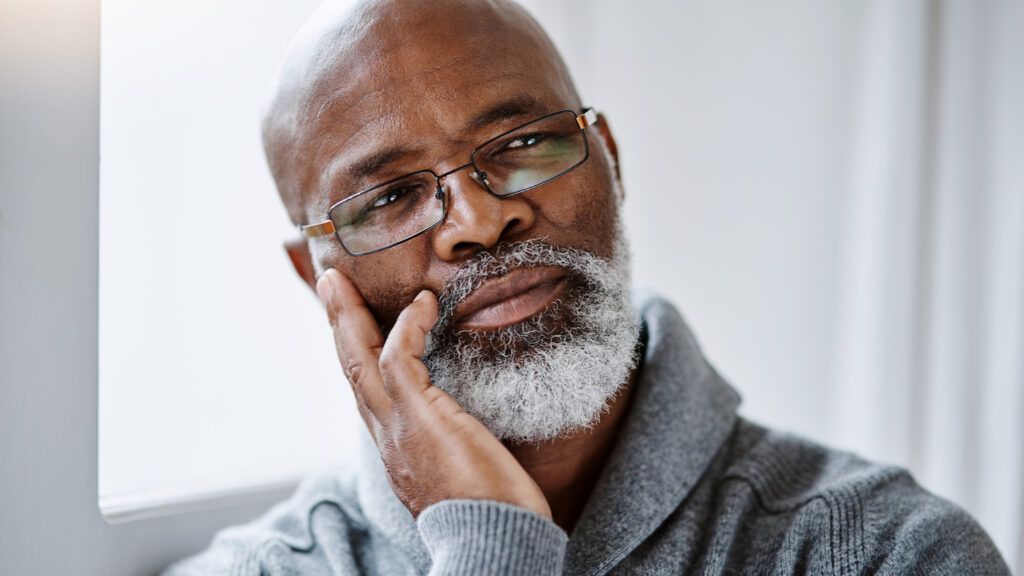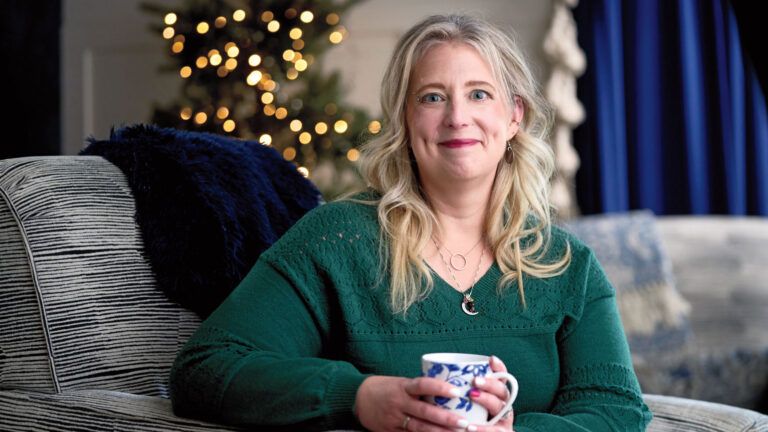“Everything happens for a reason” tops my list of toxically positive statements, utterances that insist on positivity at all costs. Some things don’t happen for any reason, I always long to retort anytime a well-meaning person has offered the statement to me at a tough time in my life.
But there’s a little more to it than that.
Some things may happen for no reason—at least no reason we human beings can comprehend or accept. But each of us can still find meaning in what happens in our lives.
“Making” meaning sometimes asks us to confront painful realities, and it certainly asks us to acknowledge the full range of our emotional lives—a key aspect of living with authentic positivity. Sometimes, meaning is found by articulating those things we most value, but recognizing that in order to live the lives we want, we must carry our challenges along with our strengths.
I was struck by an exercise therapist John J. Donahue shared in a recent article about Acceptance and Commitment Therapy (ACT). To help his patients understand the relationship between painful life experiences and what he calls “valued living,” or meaning-making, he hands them an index card.
On one side of the card, he asks them to write down some of the challenges, stressors, emotions or memories they are working through. He asks them to look at the card and share how they feel. Usually the response is something like, “Awful. This is really hard to see.” What would they like to do with the card? A typical answer is, “tear it up and throw it away!”
Then he has them turn the card over and write on it some life goals, some things that are important and meaningful in their lives. As they contemplate the positive, meaning-infused side of the card, he asks them where the pain has gone.
“It’s still there, on the other side of the card.”
What would happen if you threw the card away or tore it up? he asks next. His patients quickly realize what he’s getting at: they would have to throw away the positive along with the painful. They ultimately realize, he says, “If I’m going to do the things that are important to me, be the person that I want to be, I also have to make room for the painful stuff.”
Next time you are feeling stuck or frustrated or discouraged, why not try this exercise? It might just remind you to focus not on why your life is unfolding as it is, but on what it all means.





